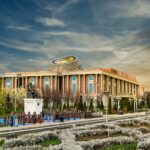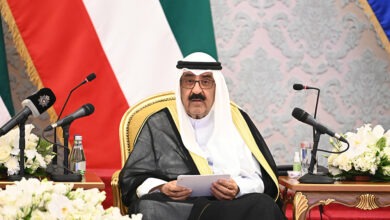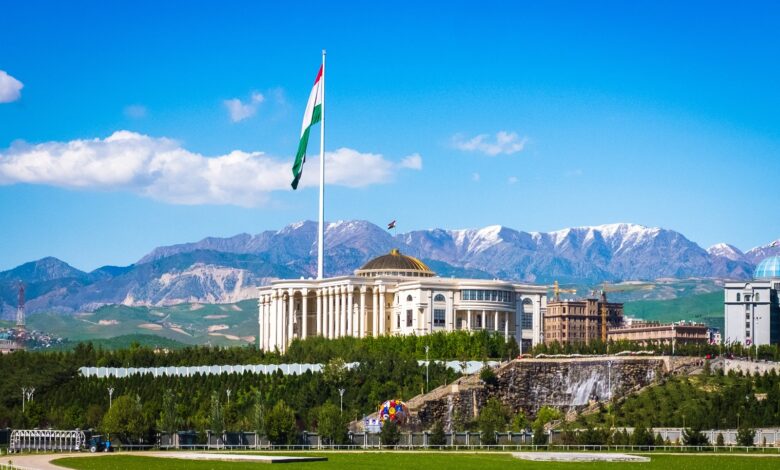
Dr. Zubaydullo Zubaydzoda
Dean of the Diplomatic Corps,
Ambassador of the Republic of Tajikistan to the State of Kuwait
In the tapestry of a nation’s history, certain moments illuminate the path forward, shaping its identity and destiny. For Tajikistan, the 33rd Anniversary of Independence on September 9th is one such pivotal event—a day not only of celebration but of deep reflection on the resilience and remarkable journey that has forged the modern Tajik state.
Since gaining independence, Tajikistan, under the leadership of the Founder of Peace and National Unity, Leader of Nation, President Emomali Rahmon has made impressive strides in development. The country boasts a strong political and legal framework that promotes stability and economic prosperity. Tajikistan’s commitment to these principles has also garnered international respect, solidifying its position as a valued member of the global community.
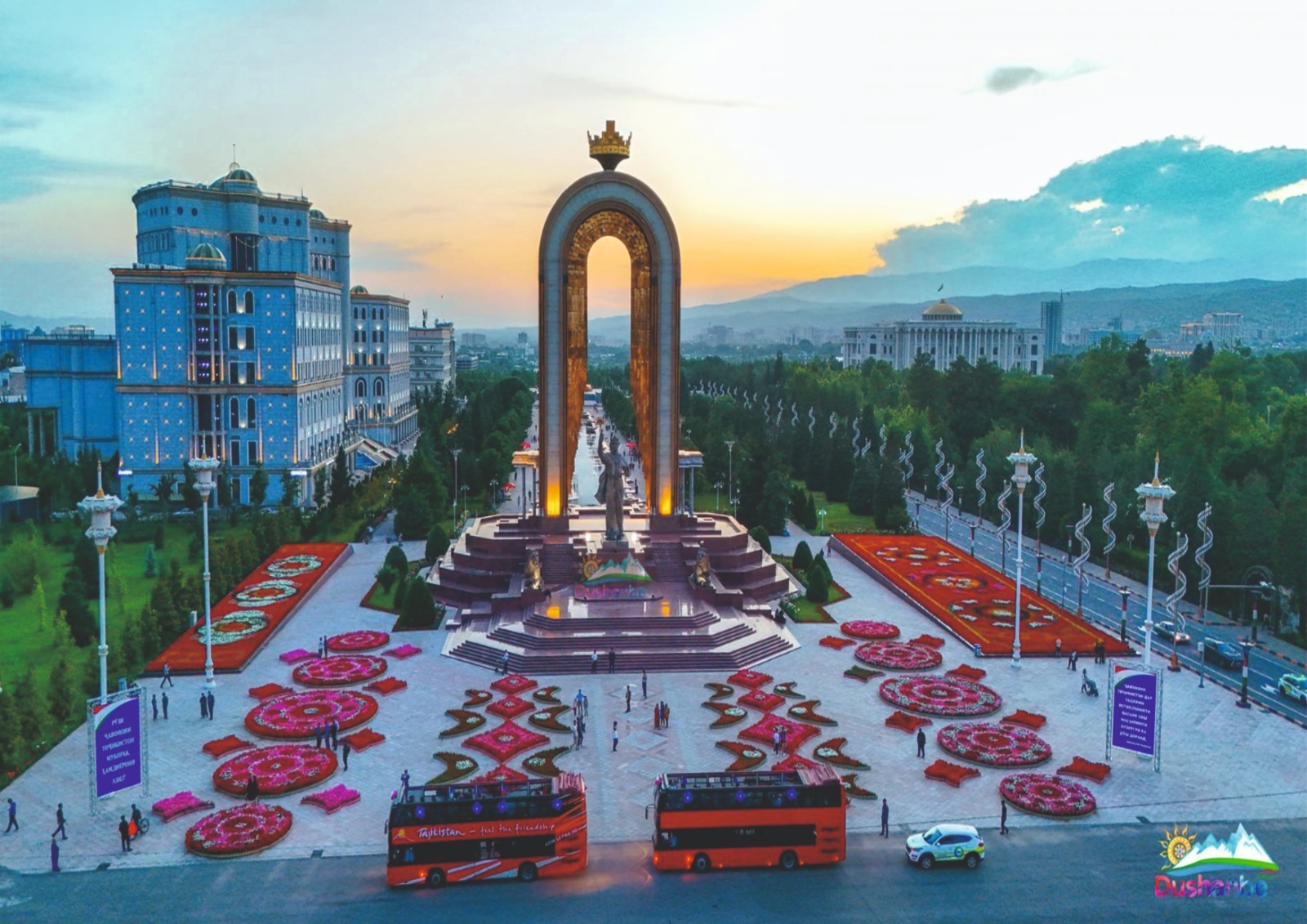
Since independence, Tajikistan’s journey of nation-building and development has been nothing short of extraordinary. The adoption of national symbols, the introduction of a sovereign currency, and the revival of the Tajik language and culture have all marked the country’s newfound autonomy. The Constitution, endorsed by popular referendum, has laid the bedrock for a modern, democratic, and secular state, propelling Tajikistan into a new era of governance and social progress.
The spirit of independence has breathed new life into Tajikistan, fostering a profound sense of patriotism and national pride. Over the past three decades, the country has made remarkable strides in infrastructure, industry, and energy development.
The industrial sector, once reliant on imports, has undergone a significant transformation. The establishment of numerous manufacturing enterprises has diversified the economy, reducing dependence on foreign goods and positioning Tajikistan as a competitive player in regional markets.
The government’s strategic focus on industrialization has spurred the growth of key industries, including textile production, food processing, and mining, creating jobs and fostering economic resilience. Thanks to the significant achievements of the independence period, Tajikistan is developing rapidly.
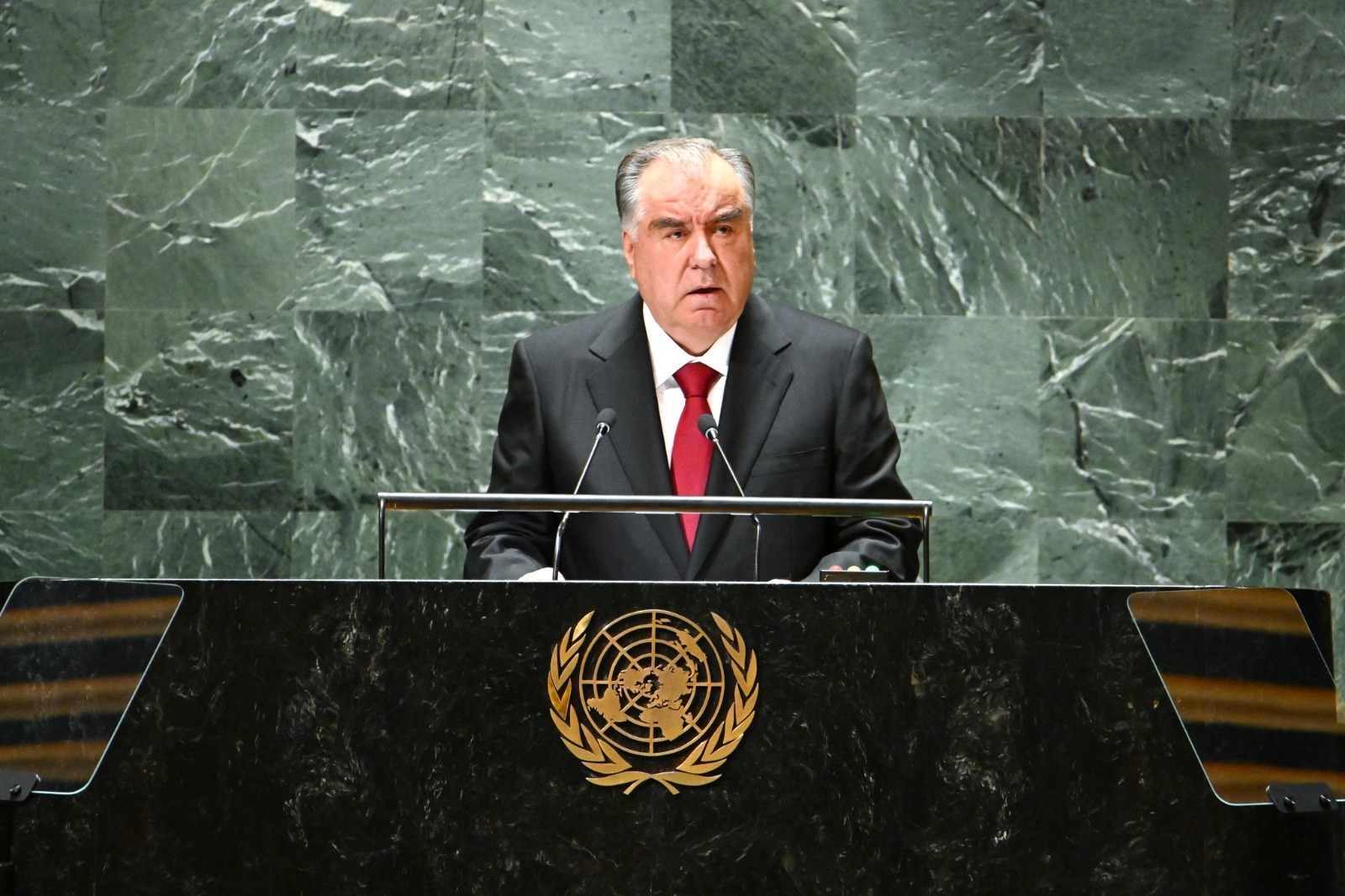
The main development goals and priorities are defined in the National Development Strategy of the country for the period up to 2030. According to this Strategy, the Government is currently implementing large-scale economic reforms aimed at ensuring sustainable development.
In this process, Tajikistan has successfully cooperated with international financial institutions and other development partners for decades. With their support, hundreds of investment projects and programs were implemented in Tajikistan in all fields.
In the energy sector, Tajikistan’s ambitions have reached new heights. The Rogun Hydroelectric Power Plant, one of the largest in the world, stands as a towering symbol of the nation’s capability and vision. This project, alongside other hydroelectric developments, has significantly boosted Tajikistan’s energy production, meeting domestic needs and enabling the export of surplus electricity to neighboring countries.
Meanwhile, the transport sector has seen major investments aimed at modernizing infrastructure. The construction of new highways, railways, and tunnels has enhanced connectivity within Tajikistan and with its regional neighbors, transforming the country into a crucial transit hub in Central Asia and driving economic growth and regional cooperation.
Amidst global challenges, including economic crises, Tajikistan has remained steadfast, steering its economy towards sustainable growth. This resilience is mirrored in the nation’s commitment to nurturing a national identity rooted in patriotism and self-awareness, particularly among the younger generation.
Today, Tajikistan stands proudly on the international stage, maintaining diplomatic relations with over 180 countries and actively participating in global and regional organizations. The country’s leadership in international water initiatives, recognized by the United Nations, underscores its growing influence and commitment to global cooperation.
As Tajikistan looks to the future, the nation remains dedicated to strengthening its statehood, ensuring lasting peace and stability, and enhancing its global standing. The story of the past 33 years is one of resilience, determination, and progress — a testament to the bright future Tajikistan continues to build for its people, securing its rightful place among the world’s nations.







